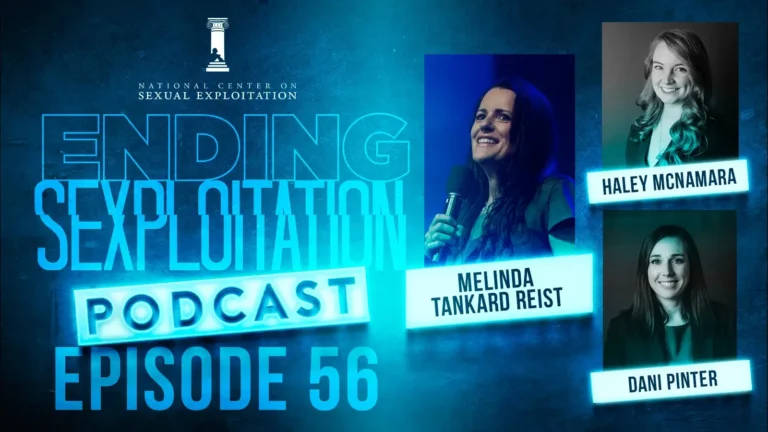The University of California, Santa Barbara appears to endorse child-on-child sexual abuse and childhood exposure to pornography through its online platform “SexInfo Online.”
According to news reports, a section of this website titled “Childhood Sexuality” claimed that, “The majority of sexual play between children takes place between the ages of 4 and 7. Children might display affection to their friends by hugging and kissing, or touching each other’s genitals, which is perfectly normal. Parents should not react in a negative way because children are just exploring.” (Emphasis added.) This section of the website, apparently viewed by various news outlets, is not currently accessible. We are unclear if it is restricted to university members or has been taken down.
Further, in the section “Talking to Your Children About Sex” reports stated that the university’s website told parents to let their children watch pornography, stating: “It is important that children understand that viewing pornography is a normal habit, and that they do not need to be ashamed of it.” That sentence now appears to have been deleted, although the page still says pornography can be “used as a healthy outlet for some people who are exploring their sexuality.”
We are calling on the University of California, Santa Barbara, to publicly apologize for this apparent endorsement of child-on-child sexual abuse, and childhood exposure to pornography which is toxic to childhood neurological and sexual development.
The University has allowed this student-led website to veer irresponsibly far from academically supported analysis of sexuality. Child-on-child sexual abuse is not “perfectly normal”—it is a chronically underserved national tragedy. Over the years, countless parents have reached out to our organization in distress because their child was sexually molested by another child—this is not “experimenting” for the molested child who is often traumatized by the experience. Further, in nearly every report to NCOSE, children who sexually harm another child were exposed to pornography prior to the abusive conduct.
Children are especially vulnerable to the harms of pornography, not only on the brain, but also on their sexual development. Pornography exposes children to ideas that coercive sex is normal. Is it any wonder, that some of these children begin to “act out” what they see in pornography? It’s time for this University to treat its comments on these issues more responsibly, and to recognize the research on the public health crisis of pornography.
The National Center on Sexual Exploitation will hold a national symposium to address the rise of child-on-child harmful sexual behavior at Catholic University in Washington DC on October 9 of this year.



